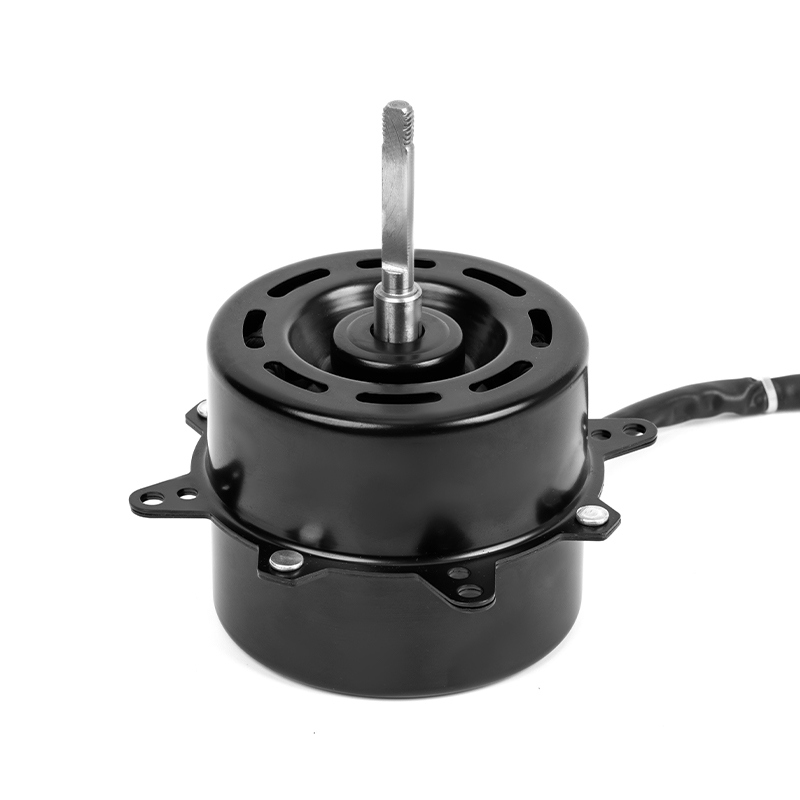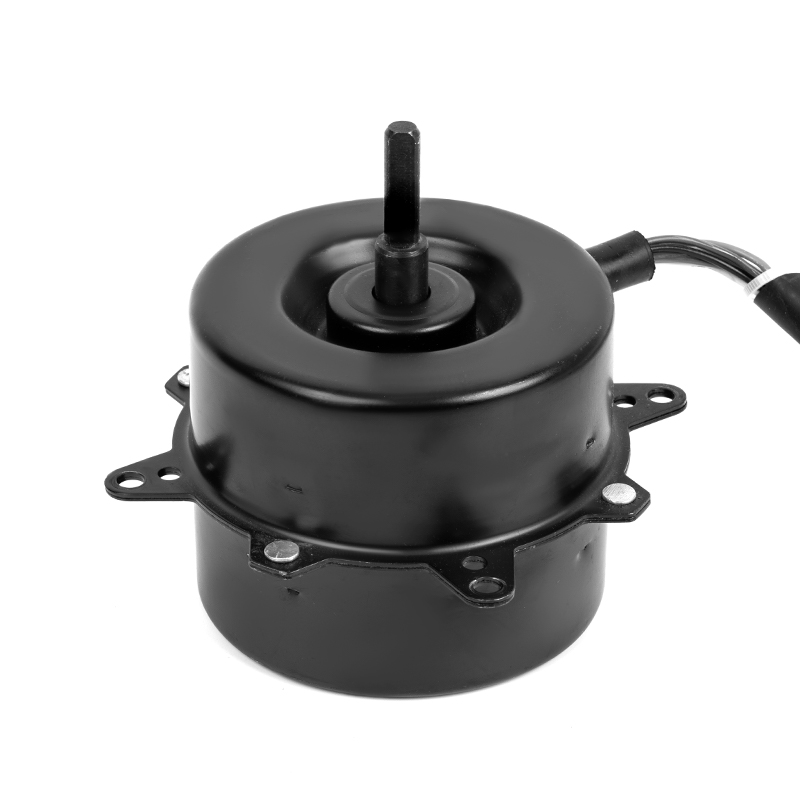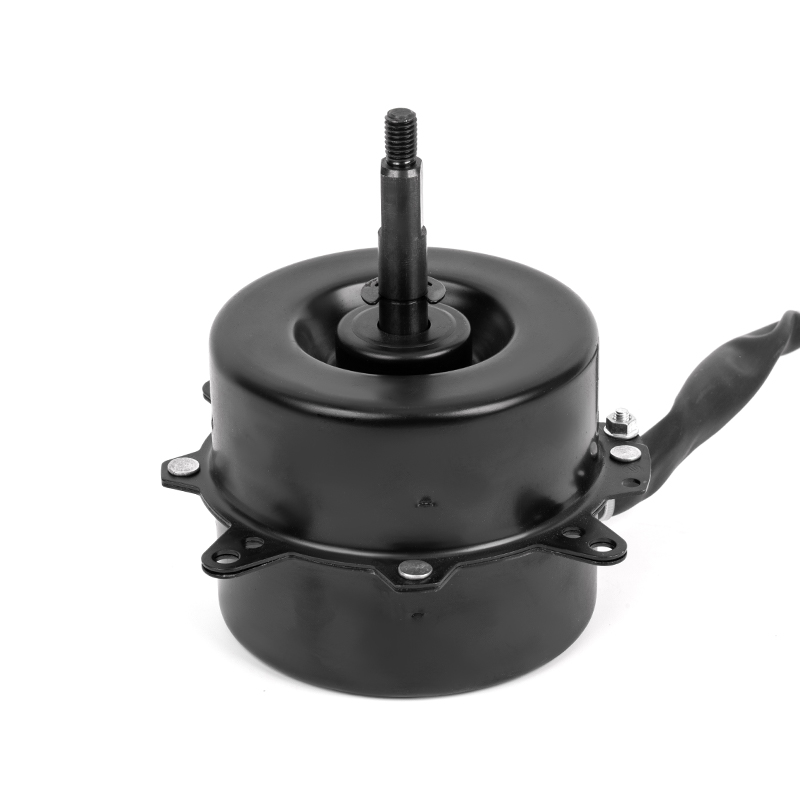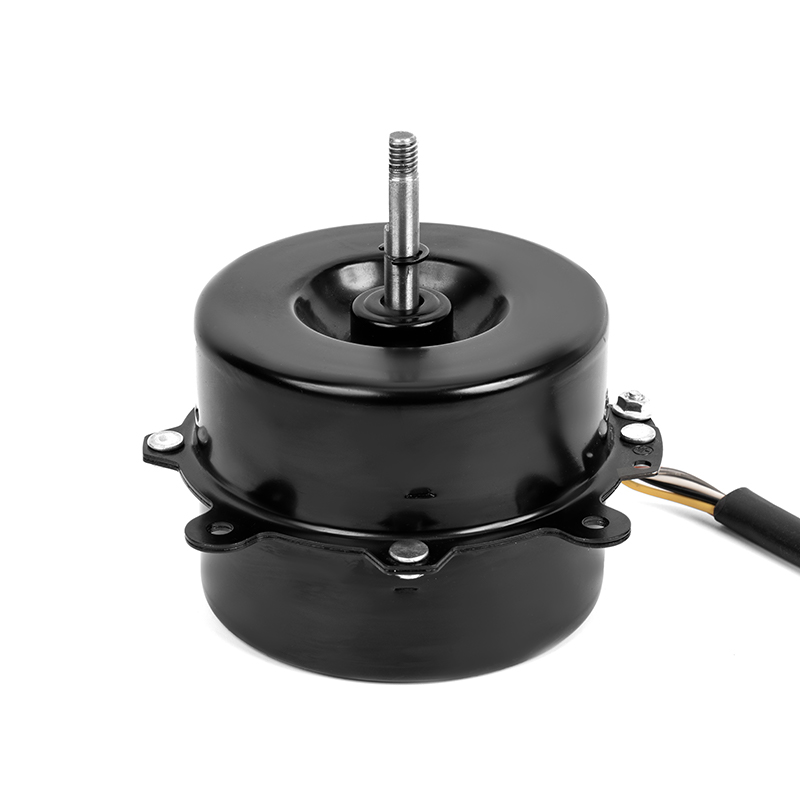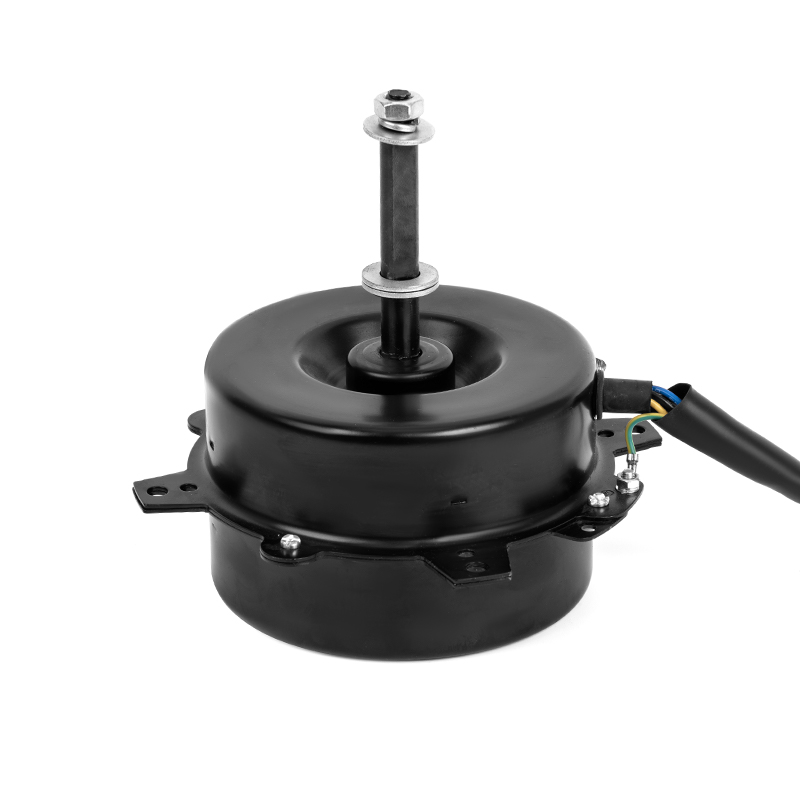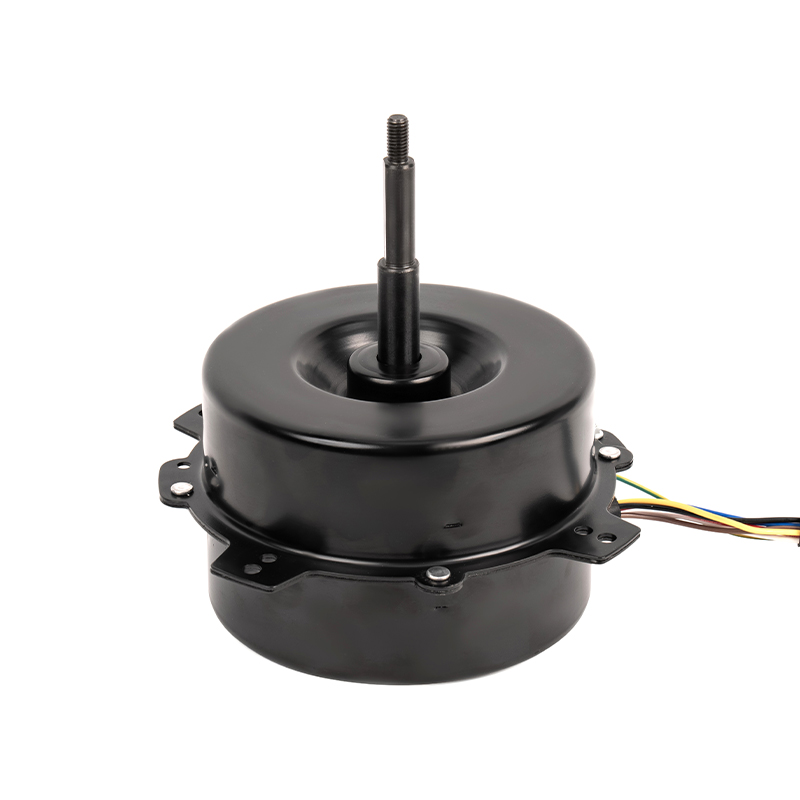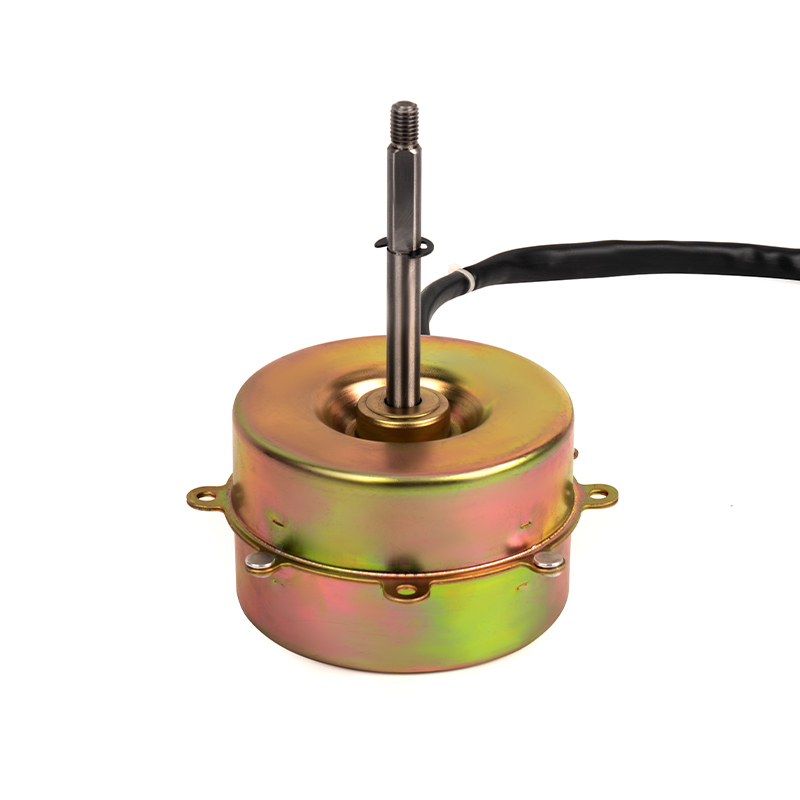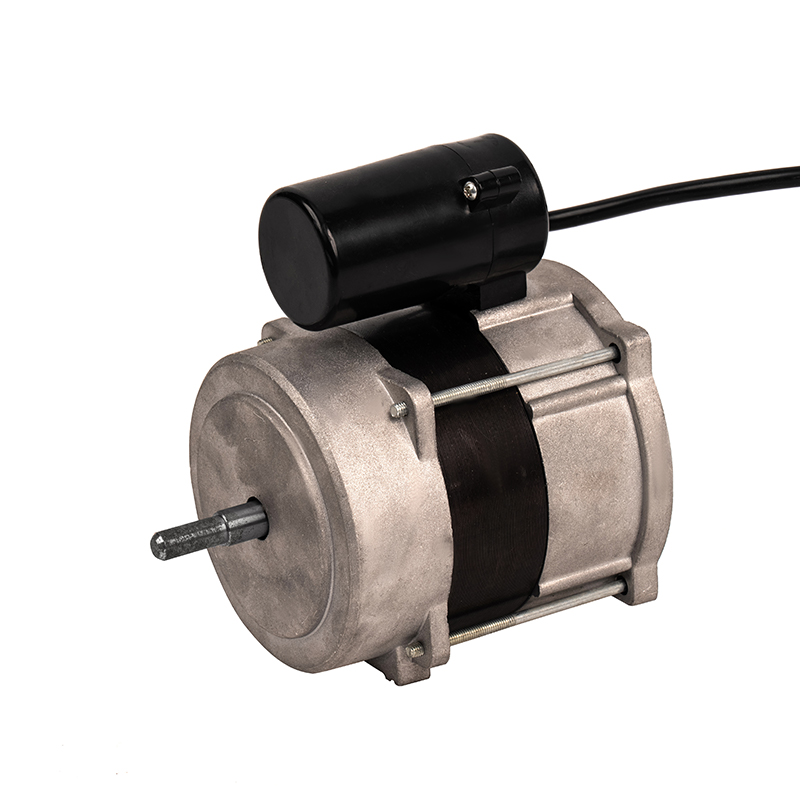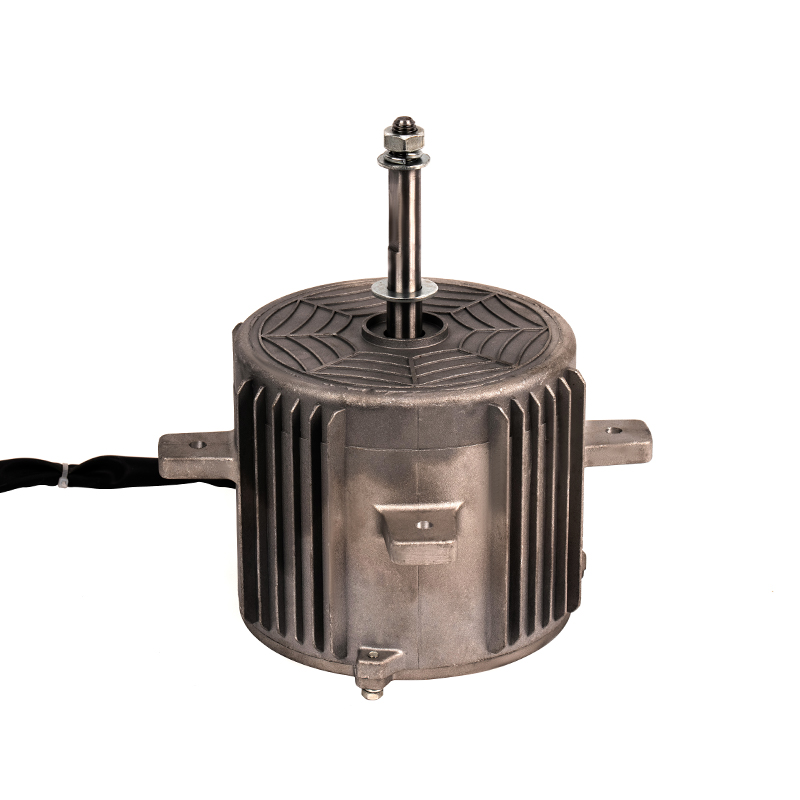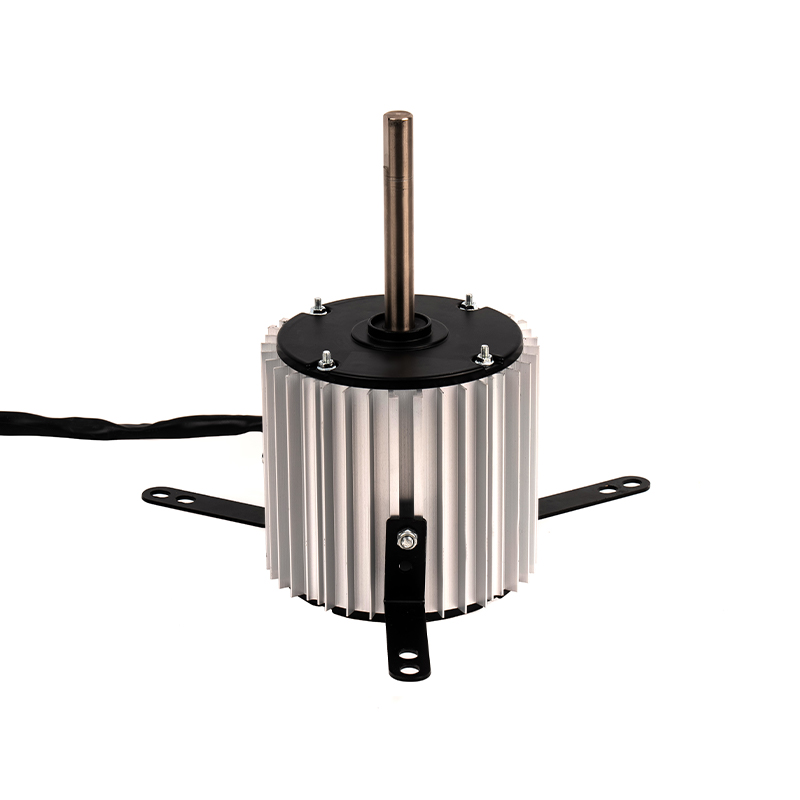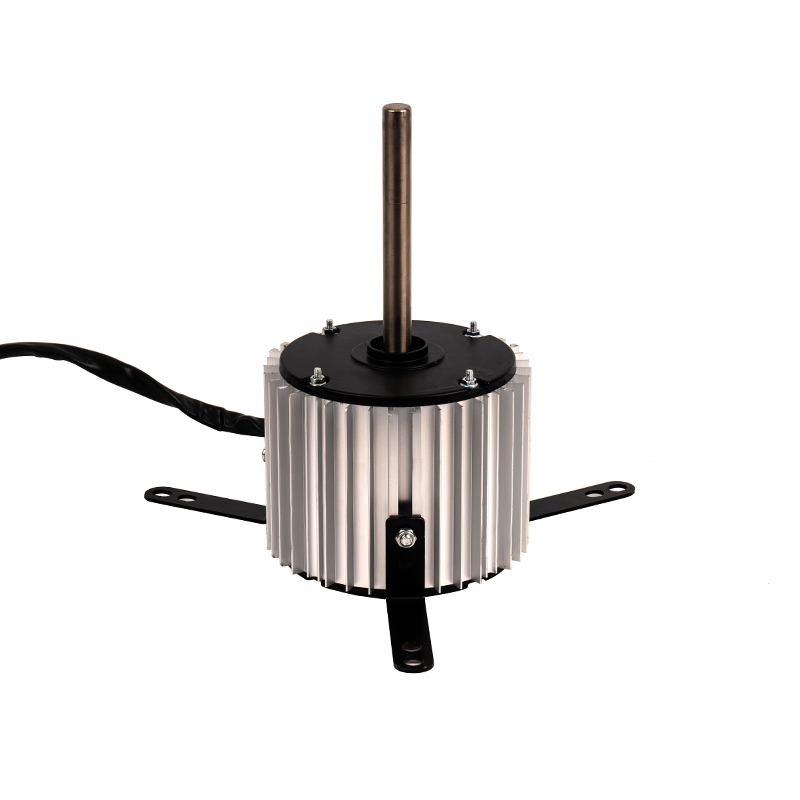1. Reduced Energy Consumption
Efficient Cold Air AC Motors minimize energy waste by converting more electrical energy into useful mechanical work. This directly impacts the energy consumption of cooling systems and refrigeration units:
-
Lower Power Consumption: Energy efficiency is one of the most noticeable benefits of a high-performance Cold Air AC Motor. When motors operate at peak efficiency, they use less electricity to perform the same tasks as less efficient models. In cooling systems, where motors drive compressors, fans, and other components, a reduction in energy consumption helps lower utility bills over time. This becomes especially important in large facilities or commercial refrigeration applications, where energy use can be substantial.
-
Energy Efficiency Ratings: Many Cold Air AC Motors feature high-efficiency ratings such as IE3 or IE4 (International Efficiency standards). These standards ensure that motors consume less power while maintaining or improving performance levels. Motors with such ratings are designed to perform optimally even under challenging conditions, such as constant operation in high-demand cooling environments, offering significant reductions in electrical costs.
-
Operational Efficiency: Efficient motors ensure the system operates at full capacity without the need to overwork, reducing energy waste associated with over-cycling or underperformance, leading to more consistent temperature regulation and less fluctuation in power usage.
2. Improved System Performance
The efficiency of the Cold Air AC Motor extends beyond just power savings; it also enhances the overall performance of the cooling system:
-
Optimized Cooling Capacity: A highly efficient Cold Air AC Motor enables air conditioning and refrigeration systems to operate at their optimal capacity. In cooling units, the motor drives the compressor, which in turn regulates the refrigerant flow. With a more efficient motor, the system operates at peak capacity, ensuring that the temperature is maintained precisely, and energy is not wasted. The result is better cooling performance with less energy required to maintain desired conditions.
-
Reduced Strain on the System: Efficient motors place less strain on the entire system. When a motor is running efficiently, it consumes fewer resources while maintaining consistent airflow and cooling output. This reduces the system’s overall load and ensures that components such as compressors, fans, and condensers perform optimally without overexertion, thus improving system reliability and reducing the likelihood of breakdowns or inefficiencies.
-
Stable Performance Over Time: An efficient motor ensures that the system remains stable throughout its operational life, preventing power surges or fluctuations that can contribute to energy inefficiencies. This type of consistent performance can help reduce operational costs by ensuring that the cooling or refrigeration system functions at an optimal energy-to-performance ratio.
3. Extended Equipment Lifespan
An efficient Cold Air AC Motor can significantly contribute to the long-term durability of the cooling system or refrigeration unit, reducing the total cost of ownership:
-
Reduced Wear and Tear: High-efficiency motors operate with reduced internal friction, generating less heat and experiencing less mechanical stress. This leads to less wear on moving parts and minimizes the likelihood of motor failures. Reduced mechanical stress on the motor and associated components translates into fewer repairs and longer equipment life, ultimately decreasing the frequency of expensive replacements.
-
Lower Operating Temperatures: As efficient motors generate less heat during operation, they contribute to maintaining a cooler environment for the system’s electrical components and motor windings. This is particularly beneficial for preventing thermal degradation of parts, a common cause of motor failure in poorly performing systems. The prolonged life expectancy of motors reduces capital expenses, and customers can expect greater reliability and lower long-term operational costs.
-
Minimized Risk of Motor Failures: By reducing stress and heat buildup, the motor is less likely to suffer from burnout or other issues related to excessive use, which would typically require expensive repairs or replacement. Additionally, preventive maintenance schedules for these motors tend to be less frequent and less costly, given their robust design and efficiency.
4. Enhanced Reliability and Reduced System Downtime
Reliability is a crucial factor in reducing operating costs, especially in environments where cooling or refrigeration is mission-critical:
-
Fewer Breakdowns and Failures: The enhanced performance of an efficient Cold Air AC Motor results in fewer breakdowns, system failures, or unscheduled downtime. This is especially important in industries where refrigeration or climate control is necessary to preserve goods, such as in food storage, pharmaceuticals, or data centers. Even brief periods of downtime can result in costly product losses or system repairs.
-
Reduced Maintenance and Service Interruptions: Efficient motors typically experience fewer service interruptions and are less likely to need immediate repairs. With more reliable motors, there is less likelihood of unexpected equipment failure, which often leads to expensive repairs and extended downtime. Predictive maintenance, aided by the improved reliability of the motor, can help prevent issues before they develop into costly breakdowns.
-
Preventative Diagnostics and Monitoring: Many modern systems, integrated with smart diagnostics, allow for remote monitoring of Cold Air AC Motors. These systems can predict when a motor is nearing failure, providing alerts to service technicians before significant damage occurs. Preventing unexpected failure, in turn, leads to reduced operational interruptions and avoids the significant costs associated with emergency repairs.



 English
English عربى
عربى ++86 13524608688
++86 13524608688